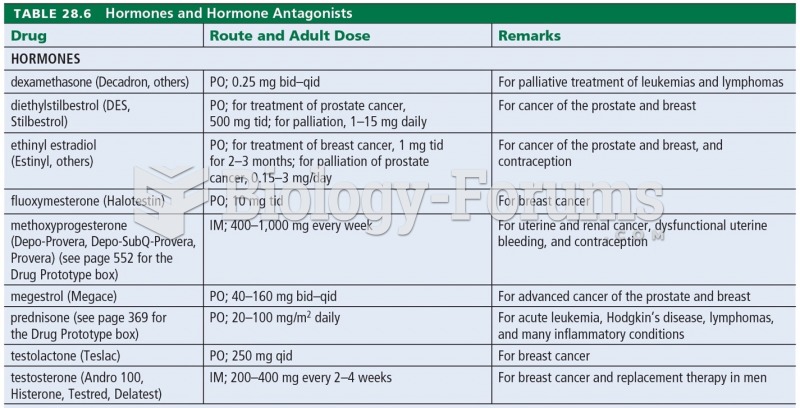|
|
|
Eat fiber! A diet high in fiber can help lower cholesterol levels by as much as 10%.
A recent study has found that following a diet rich in berries may slow down the aging process of the brain. This diet apparently helps to keep dopamine levels much higher than are seen in normal individuals who do not eat berries as a regular part of their diet as they enter their later years.
It is difficult to obtain enough calcium without consuming milk or other dairy foods.
For pediatric patients, intravenous fluids are the most commonly cited products involved in medication errors that are reported to the USP.
In ancient Rome, many of the richer people in the population had lead-induced gout. The reason for this is unclear. Lead poisoning has also been linked to madness.







